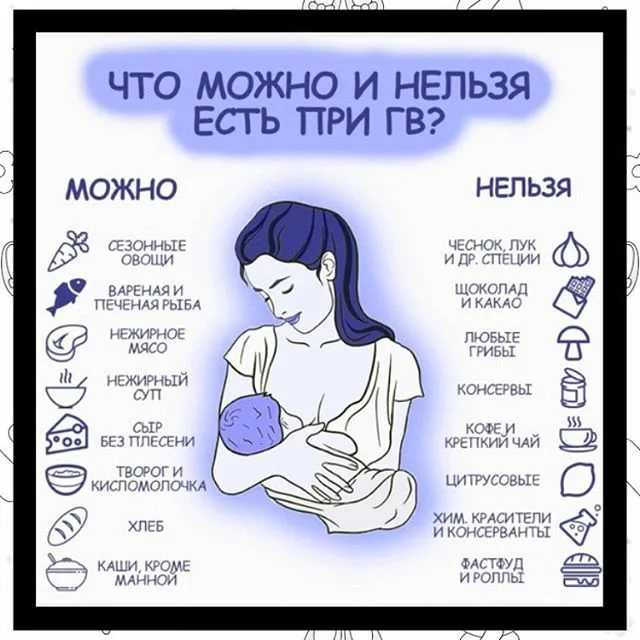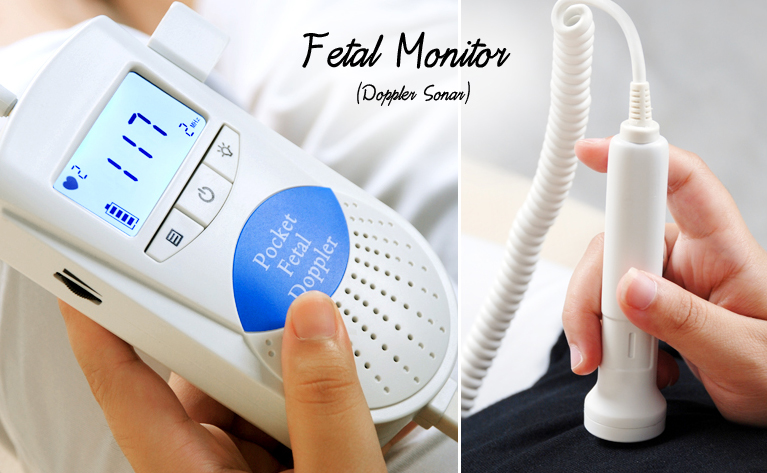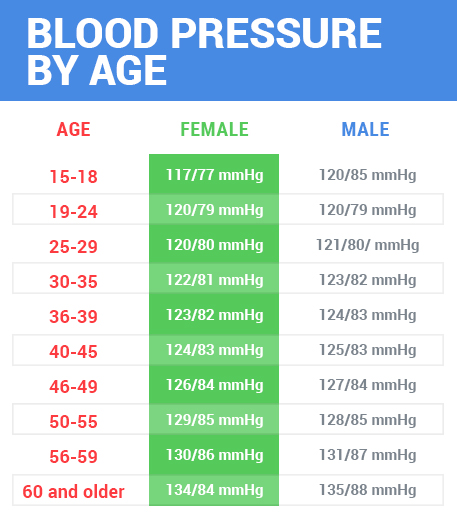Is peppermint tea safe while breastfeeding
5 Unsuspecting Foods that Increase or Decrease Milk Supply
Kid Friendly Meals
|
March 05, 2018
It seems that a breastfeeding mother’s main concern and worry is, “Will I make enough milk for my baby?” Fortunately, our bodies are designed to make copious amounts of milk even if we’re not really trying. If babies and breasts are left to their own devices, things tend to work out. However, there are situations in which mothers struggle with their milk supply.
If you’ve struggled with milk production, you know that a mother with low milk-supply issues will try just about anything to increase supply. You probably also know that certain foods and herbs can increase milk supply. Oatmeal, fenugreek*, blessed thistle*, and many others all have a reputation for helping mothers overflow with milk.
But did you know that some foods can actually decrease milk production? There is no need to worry about small amounts of any of the following foods, but if you’re struggling with low milk supply already, avoid ingesting large quantities of the following. On the other hand, if you are one of those mothers with an over-abundance of milk, or if you are in the process of weaning, you may find the following foods helpful!
Parsley
Parsley is a diuretic. Nibbling on a sprig of parsley after a meal tastes refreshing and will not harm your milk supply. But, you may wish to avoid dishes with large amounts of parsley, however, if you are breastfeeding and you are concerned about milk production. One dish to avoid in the immediate postpartum period is tabbouleh. Once your supply is established and everything is going well, an occasional plate of tabbouleh is probably okay.
Peppermint
Peppermint and spearmint can adversely affect milk supply. Drinking an occasional cup of peppermint tea should not be a problem. You’d have to drink very large amounts daily (think quarts!) to decrease your supply. Altoids and other candies made from peppermint oil are a different story. Mothers who enjoy many of these candies each day have noticed a drop in milk production.
Sage and Oregano
Sage and oregano can negatively impact milk production. Sage tea is a common remedy for over-production.
Cabbage Leaves
Cabbage can work wonders to relieve breast engorgement, but don’t over-do it! Applying cabbage more than once or twice a day can decrease your milk supply. Topical creams made from cabbage extract can have the same effect.
Beer and other alcoholic beverages are often touted as milk-supply boosters. Have you ever heard this? “Have a beer! It will help you relax and make your milk come in.” It is absolutely false! In fact, alcohol inhibits your milk ejection (let down) reflex. This makes it harder for baby to get your milk. Over time, this can decrease your milk supply. Is an occasional drink okay? Yes! Just be sure to have that drink after you have fed your baby.
*Please seek the advice of a board-certified lactation consultant (IBCLC), naturopath or certified herbalist before experimenting with ANY herbs to help with milk supply issues. Herbs are medicines, and many have potential side effects and can even cause severe allergic reactions. In addition, it is important to understand the history and underlying cause of your particular situation in order for any treatment to be effective.
Herbs are medicines, and many have potential side effects and can even cause severe allergic reactions. In addition, it is important to understand the history and underlying cause of your particular situation in order for any treatment to be effective.
Peppermint Tea While Breastfeeding - Everything You Need To Know
Peppermint tea should only be consumed under a doctor’s guidance.
Research-backed
MomJunction believes in providing reliable, research-backed information to you. As per our strong editorial policy requirements, we base our health articles on references (citations) taken from authority sites, international journals, and research studies. However, if you find any incongruencies, feel free to write to us.
Image: iStock
Peppermint is a herb used to add soothing and cooling effects in various commercially available products. However, is it safe to consume peppermint tea while breastfeeding? A lactating mother often needs to follow various dos and don’ts when it comes to food, beverages, or medications as they may reach the baby through breast milk. Continue reading this post as we discuss the safety attributes of drinking peppermint tea for nursing mothers.
Continue reading this post as we discuss the safety attributes of drinking peppermint tea for nursing mothers.
What Is Peppermint?
Image: iStock
Peppermint is a soothing herb best known for treating gum pain, stomach problems and digestive problems. Several commercial products like toothpaste, chewing gum and tea contain peppermint. The calming and numbing effect of peppermint treats headaches, menstrual cramps, anxiety, nausea, diarrhea, skin irritation, and flatulence. Peppermint is also used as an active ingredient in chest rubs and vaporizers. The active ingredient of Peppermint, Menthol and methyl salicylate, possess antifungal, antibacterial, and antiviral properties. Researchers also state that peppermint may cure indigestion and IBS or Irritable Bowel Syndrome (1) .
Can You Drink Peppermint Tea While Breastfeeding?
When you are a nursing mother, it is advisable to avoid excessive intake of peppermint tea unless your doctor assures you about the safety of the tea.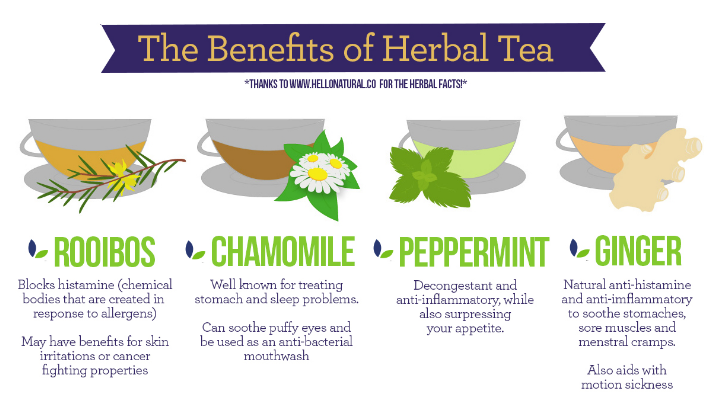 Due to the soothing effect of menthol, peppermint tea cures stomach problems, skin acne, sore throat and the common cold.
Due to the soothing effect of menthol, peppermint tea cures stomach problems, skin acne, sore throat and the common cold.
But while you are nursing, remember to sip a smaller amount of the herbal tea to stay safe from the potential side effects. Since peppermint tea acts as an emmenagogue and can stimulate uterine blood flow, avoid consuming it in the first trimester.
Related: How To Deal With Sore Throat While Breastfeeding
Benefits Of Peppermint Tea While Breastfeeding
Here are some positive attributes of peppermint tea while breastfeeding:
1. Reduces nipple soreness
- With the onset of lactation (for first-time mothers), your nipples often become swollen, and you may experience severe pain while feeding your newborn baby.
- You can dampen a cotton dab in lukewarm peppermint tea and apply it to your nipples. It helps you get relief from pain and inflammation.
- The antibacterial property of peppermint increases your tissue flexibility and helps you prevent nipple pain and soreness.
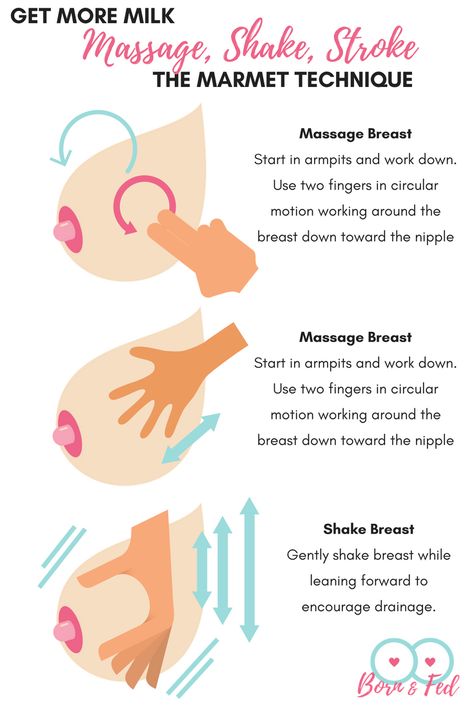
Related: 8 Home Remedies To Prevent Nipple Blister When Breastfeeding
2. Relieves pain
Image: Shutterstock
- Doctors may advise you to drink a few sips of peppermint tea to eliminate pain due to trapped gas after a C-section.
- When you use peppermint tea as a pain reliever, it is best to limit your intake to only one or two cups a day.
- Peppermint tea contains a small amount of methanol, so consuming only a few cups would not affect your breast milk supply.
3. Stress relief
- Peppermint tea is an excellent energy booster and helps you overcome stress and anxiety while you are breastfeeding.
- The methanol present in the herbal tea serves as a muscle relaxant and offer tremendous relief from stress.
- Drinking peppermint tea before going to bed helps you have a restful sleep.
Related: Diet After C-Section Delivery: Essential Nutrients To Take And Foods To Avoid
4.
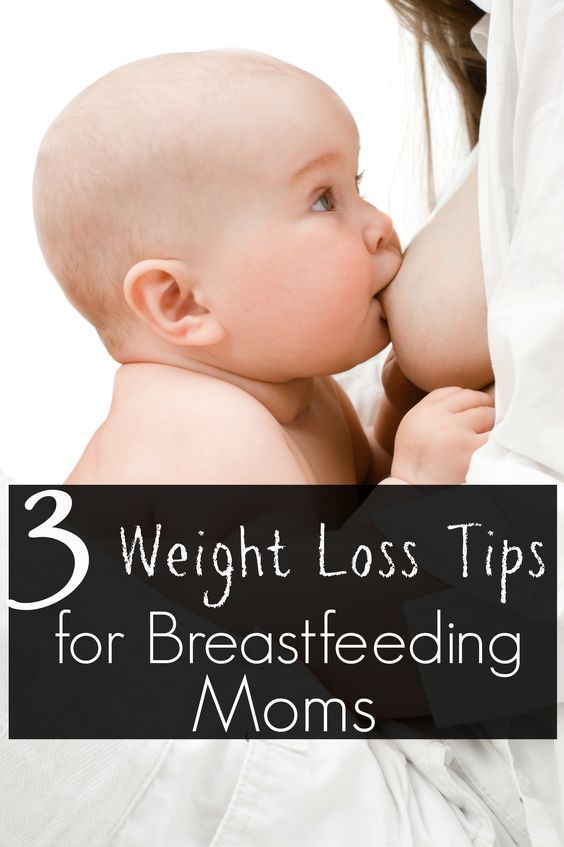 Sinus relief
Sinus relief- The soothing effect of methanol clears sinus congestion and cures a sore throat.
- Peppermint tea, also regarded as a natural decongestant, cures common cough and cold.
5. Weight loss
Image: iStock
- After childbirth, most nursing mothers seem to gain unwanted body weight, especially after the c-section surgery.
- With an intake of peppermint tea, you can get rid of your unwanted pounds. The herbal tea serves as an appetite suppressant and keeps you full for longer.
- Drinking a perfect blend of green tea and peppermint tea can regulate your metabolic rate and makes it easier for your body to shed the extra pounds.
6. Cures stomach problems
- Peppermint tea cures several stomach ailments like bloating and gas.
- Having a cup of peppermint tea helps you overcome gastrointestinal problems and makes it easier for you to digest foods.
Related: Bloating And Gas During Pregnancy: Causes And Home Remedies
Side Effects Of Peppermint Tea While Breastfeeding
Lactating mothers should remain alert of the following side-effects of peppermint tea while breastfeeding :
1.
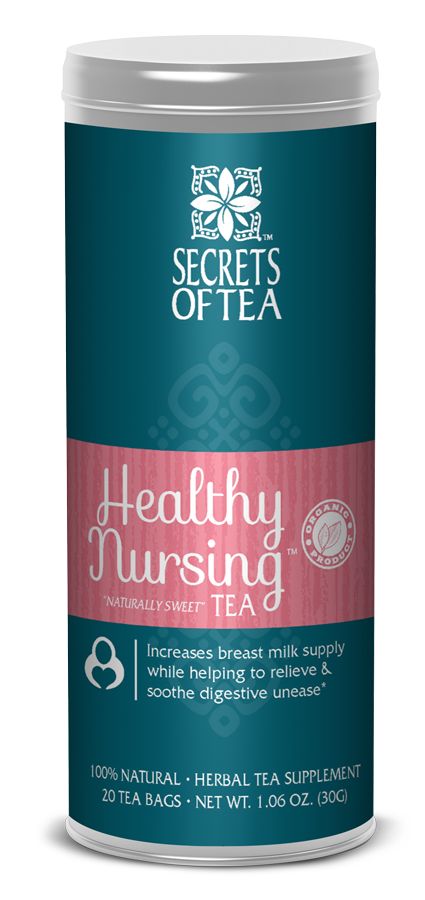 Reduces breast milk supply
Reduces breast milk supply- Drinking excess amounts of peppermint tea may reduce the breast milk supply.
- As a lactating mother, when you experience an oversupply of breast milk or weaning, the doctor may advise you to consume a small quantity of peppermint tea.
2. Contamination
- The FDA does not oversee the production of peppermint tea or any other herbal tea sold in the market. The tea can contain harmful contaminants, including pesticides.
- It is often advisable to buy herbal tea from a reputable manufacturer to overcome the risk of contamination.
3. Acid reflux
Image: Shutterstock
- If you suffer from gastroesophageal reflux disease (GERD) or acid reflux, drinking peppermint tea may complicate your health condition.
- The soothing herb relaxes the valve that separates your stomach from the esophagus.
- It triggers the backflow of the stomach acid into your esophagus, and your condition gets worse.

4. Reduction in blood sugar level
- One of the major side effects of drinking peppermint tea in excess quantity is that it reduces the blood sugar level suddenly.
- So, if you are diabetic or high-pressure patient, it is better to eliminate peppermint tea from your diet.
5. Causes allergies
- Some people seem to be allergic to methanol. Some of the typical signs of allergy include tremors, headache, mouth soreness, and shaky feet.
6. Drug interactions
- Researchers conclude that peppermint tea interferes with several prescribed medications.
- You should never intake peppermint tea, when you already consume drugs for blood pressure, stomach acid, diabetes, and cyclosporine.
- If you are allergic to menthol or suffering from chronic asthma, it is best to stay away from peppermint tea/oil.
- An overdose of peppermint tea leads to several adverse effects including muscle pain, tremors, diarrhea, drowsiness, and an abnormal heart rate.
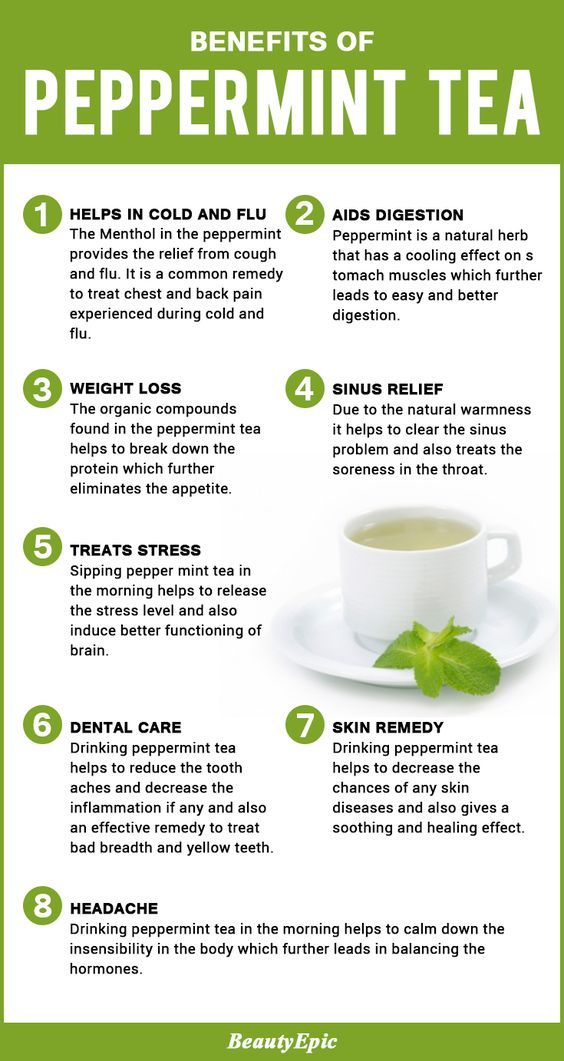
Related: Diarrhea When Breastfeeding: Causes, Treatment And Natural Remedies
A Word Of Caution
- Avoid consuming peppermint tea in excess quantities while breastfeeding, as it may decrease breast milk production in some.
- Before taking peppermint tea or supplements, consult with the medical consultant.
Image: iStock
- Breastfeeding mothers often consume peppermint tea when they want to wean or dry up their milk supply.
- A good tea to drink during the lactation phase is Rooibos tea. It is a caffeine free tea, and also low in tannins to impose no side effects on both mother and her baby.
Peppermint tea while breastfeeding is often not recommended by experts due to its possible negative impact on breastmilk supply. It may also cause acid reflux and can be contaminated with pesticides unless purchased from trusted manufacturers. However, peppermint tea may help reduce stomach cramps, nipple soreness, and pains.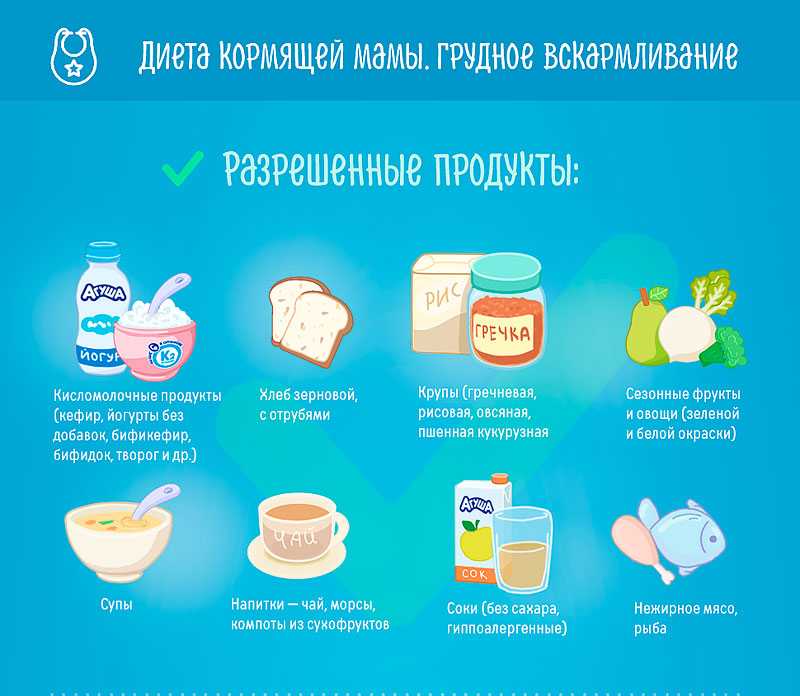 They can also provide sinus relief, stress relief, and aid in weight loss. After the feeding section, you may consume them in moderation to have less impact. However, seek your healthcare provider’s advice for more personalized suggestions.
They can also provide sinus relief, stress relief, and aid in weight loss. After the feeding section, you may consume them in moderation to have less impact. However, seek your healthcare provider’s advice for more personalized suggestions.
References:
MomJunction's articles are written after analyzing the research works of expert authors and institutions. Our references consist of resources established by authorities in their respective fields. You can learn more about the authenticity of the information we present in our editorial policy.
- Peppermint – uses side effects and more.
https://www.webmd.com/vitamins/ai/ingredientmono-705/peppermint
Recommended Articles:
- Is It Safe For A Breastfeeding Mom To Eat Honey?
- Is It Safe To Eat Nuts During Breastfeeding?
- Is It Safe To Drink Coconut Water While Breastfeeding?
- Is It Safe To Drink Apple Juice While Breastfeeding?
The following two tabs change content below.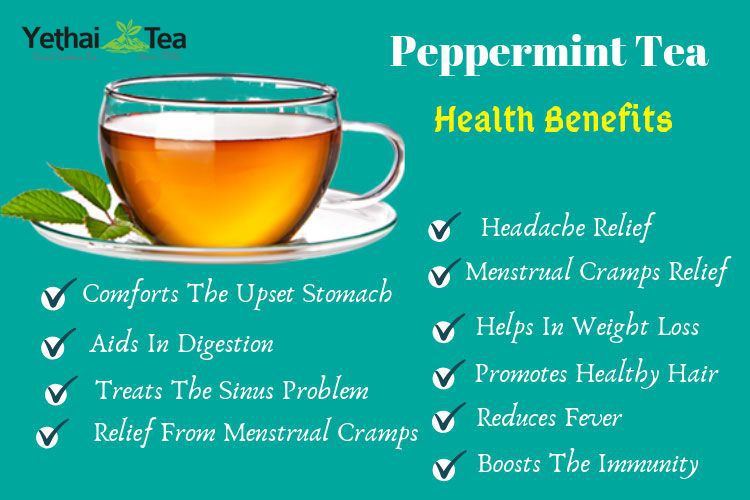
- Reviewer
- Author
Jessica Albert is a passionate writer who seeks to connect with her readers through wit and charm. Her work aims to invoke curiosity and keep the readers engaged through and through. She has prior experience working with magazines and e-commerce establishments as a content marketer and editor. Being a mother herself, she puts all her knowledge into creating content about...
View Profile ›
Julie Matheney did her Master's degree in speech-language pathology and has worked on feeding and swallowing disorders for over a decade. As part of a hospital-based rehabilitation team, she works on helping children to feed and swallow. Having worked in the NICU, she discovered her passion for breastfeeding and became an IBCLC in 2017. She transitioned out of the hospital...
View Profile ›
Hair Dye When Breastfeeding: Safety, Precautions And Alternatives
Hair Dye When Breastfeeding: Safety, Precautions And Alternatives
Sinus Infection When Breastfeeding: Treatment And Home Remedies
Sinus Infection When Breastfeeding: Treatment And Home Remedies
Is It Safe To Use Benzoyl Peroxide While Breastfeeding?
Is It Safe To Use Benzoyl Peroxide While Breastfeeding?
Dehydration When Breastfeeding: Causes, Symptoms, And Treatment
Dehydration When Breastfeeding: Causes, Symptoms, And Treatment
5 Helpful Tips To Do Fasting When Breastfeeding
5 Helpful Tips To Do Fasting When Breastfeeding
Is It Safe To Consume Fish Oil During Breastfeeding?
Is It Safe To Consume Fish Oil During Breastfeeding?
Is It Safe For Moms To Take Painkillers When Breastfeeding?
Is It Safe For Moms To Take Painkillers When Breastfeeding?
Is It Safe To Take Allegra When Breastfeeding? Uses & Risks
Is It Safe To Take Allegra When Breastfeeding? Uses & Risks
Nausea When Breastfeeding: Causes, Treatment and Home Remedies
Nausea When Breastfeeding: Causes, Treatment and Home Remedies
 The spike variety of the plant, with moderate intake, increases the amount of milk. Peppermint reduces lactation function.
The spike variety of the plant, with moderate intake, increases the amount of milk. Peppermint reduces lactation function. Plant varieties
Mint is a medicinal plant. It is able to fight fungal agents, calm the nervous system, normalize the digestive tract, and relieve headaches.
Mint while breastfeeding is allowed only with the consent of the doctor
There are several varieties of mint:
- Pepper . It contains menthol, which has an effect on the cardiovascular, reproductive, nervous systems. The grass reduces the production of milk in a woman with excessive and regular use of it. With a single dose, the plant increases lactation. Mint reduces blood pressure, changes the heart rhythm in mother and child. The plant increases sexual desire, disrupts the hormonal background in boys, provokes allergies in infants up to 1 month.
- Spike . It does not have menthol, contains carvone, which helps to stimulate lactation function.

- Lemon or lemon balm . Soothes, relieves nervous tension. Sometimes it provokes allergies, colic in infants.
Spearmint is best for breastfeeding mothers. It is safer, rarely causes an allergic reaction, and stimulates milk production.
Is it possible to mint while breastfeeding
During breastfeeding, the use of herbs is limited. Mint is allowed to be taken, but only after consulting a doctor. It is not recommended to use peppermint during lactation, as in large doses and with regular intake, the plant reduces the secretion of the mammary glands. Strengthening of lactation function is noted only at the beginning of therapy.
If a woman wants mint, it is better to use the spikelet variety of the plant. It stimulates milk production.
Melissa is also relatively safe during lactation. It has a sedative effect on the child and the woman. This type of mint is used carefully, since the baby may have an allergic reaction to the plant and colic.
How to use the plant
During breastfeeding it is better to drink tea with mint. Fresh leaves are not allowed. They contain the highest concentration of active substances. You can not use grass in the first month of a baby's life.
Peppermint is not recommended for breastfeeding.
Spearmint or lemon mint tea is brewed. It is recommended to consume the drink little by little from the first two months of the baby's life. First, they drink a few sips, look at the reaction of the baby. If the child does not have colic, allergies, then it is allowed to introduce a small amount of tea into the diet. If a baby develops a rash, redness on the skin, abdominal pain, mint is excluded from the menu.
It is recommended to drink mint while breastfeeding with extreme caution. Only lemon and spikelet varieties are allowed to be consumed. It is impossible to use mint tea on your own, it is better to contact an observing doctor to exclude contraindications. This may require specialist advice and a series of studies.
This may require specialist advice and a series of studies.
Video
See also: parsley while breastfeeding
HeadingBreastfeeding
Figs for breastfeeding: benefits and harms
Is it possible to drink chamomile while breastfeeding
Dreams will come true if you have the courage to make them come true!
Comments
Get to know and participate
Baby.ru clubs are a treasure trove of useful information
New Year with the Krasny Oktyabr Factory no one will be left without a holiday How to make a scar after a cesarean less noticeable? TOP 25 New Year's gifts for children of all ages Government help for children with diabetesTop 10 devices for a nursing mother Assess the state of your child's immunity
Mint tea when breastfeeding, is it possible for a nursing mother
Melissa instead of mint
There is a plant that is very similar to mint, and sometimes it is even confused with it. This herb is Melissa. Melissa and mint differ as follows:
This herb is Melissa. Melissa and mint differ as follows:
• Melissa is much more branched and grows as a shrub, while mint is a single stem.
• Peppermint contains a significant amount of essential oil, while lemon balm has a very small amount.
• Melissa has a voluminous inflorescence, in the form of rings, and mint flowers look like a fluffy ear.
• Melissa is widely used in cooking as a seasoning for dishes, while mint plays the role of only an aromatic additive.
• Melissa has a slight lemon scent and mint has a menthol scent.
Melissa is easy to use, just add a few leaves to the drink. It is allowed to first brew the tincture from dried or natural lemon balm, but the water temperature cannot be more than 90 °, otherwise the valuable characteristics will be lost.
Melissa, like mint, has antiseptic and soothing properties, but it practically does not give side effects. This collection has a positive effect on breastfeeding and is not dangerous for the baby.
Is it possible to drink mint with HB and for what purposes?
Mint is a tasty and healthy plant. Mint tea is loved by adults and children. The use of the product during breastfeeding is allowed, but subject to the rules of use
First of all, you need to remember that mint often causes allergies, especially in children, so you need to introduce it into the diet carefully
According to general rules, it is best to drink mint with 3–4 months after childbirth. But after consulting a doctor, it can be resolved from the first month after childbirth.
Breastfeeding mothers can use mint to:
- improve lactation;
- normalization of the nervous system;
- treatment of insomnia;
- help with diarrhea;
- normalization of blood pressure;
- removal of excess fluid from the body, prevention of edema;
- help with nausea and vomiting;
- anti-inflammatory action;
- headache relief;
- upper respiratory care, etc.

The most important effect of mint for nursing mothers is its beneficial effect on lactation. It is often included in formulas to improve breast milk production
It is important to remember that carvone, which stimulates lactation, is only found in spearmint, so if you are looking for a solution to problems with breastfeeding, choose it. In addition, mint reduces gas and relieves abdominal discomfort, which helps in the treatment of colic in infants
How to make mint tea for a breastfeeding mother so that the baby sleeps well?
Although peppermint contains essential oils, it is very beneficial to consume mint in small amounts. It is recommended to drink to lactating women to solve sleep problems in the baby. When the child grows up, such tea can be given directly to the child, however, the amount of mint will then need to be reduced.
Peppermint tea is very easy to make. The most famous way is to add 1-2 mint leaves to regular tea. In this case, it must be brewed as usual.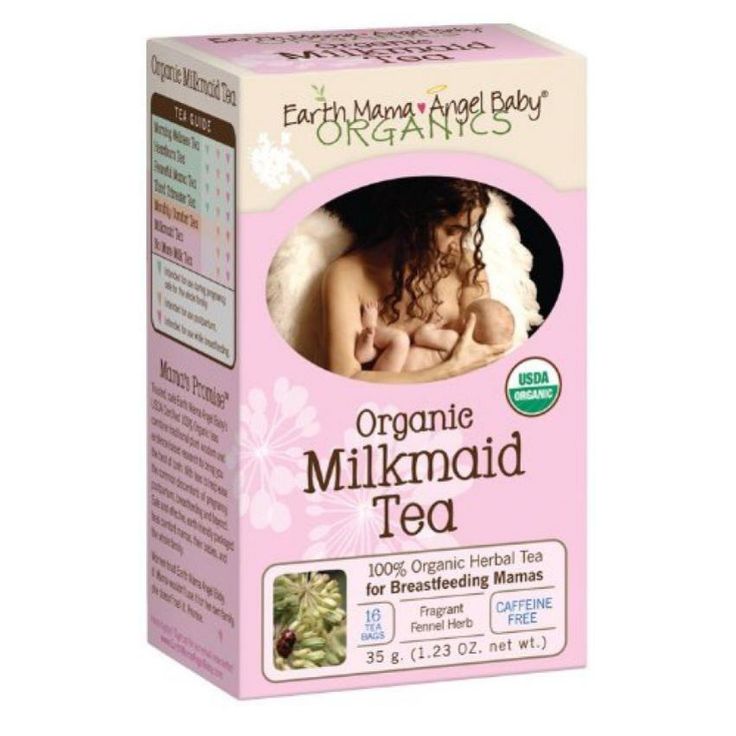
You can also use the following recipe.
Mint tea for breastfeeding mothers so that the baby sleeps well
Other herbs can be added to this recipe to enhance the functions of mint. It can be tea with mint and thyme. To brew it, a mixture of plants is poured like regular tea and allowed to stand for about 20 minutes. You should not use many herbs, as a highly concentrated drink can provoke negative reactions in an infant.
Tea with mint and chamomile is very popular. This is primarily due to the excellent flavor combination of plants. In addition, plants enhance the effect of each other, which makes the use more effective. Both mint and chamomile have a good effect on the work of the nervous system of mother and baby. They are known to be effective sleep aids.
Composition:
- Curly mint - 2 tbsp. l.
- Boiling water - ½ l.
Cooking. Pour boiling water over the mint and let stand for 5 hours.
Application. Drink in the evening half an hour before the last feeding before going to bed.
Drink in the evening half an hour before the last feeding before going to bed.
How does mint affect lactation immediately after childbirth?
There are no studies that would give an unambiguous answer to the question of how mint affects lactation in the first month after childbirth. Most experts are inclined to think that it is still better for mothers to limit the presence of this plant in the diet. The first month after birth, the baby adapts to environmental conditions. Therefore, a mother should not eat foods that are related to allergens or that contain very active ingredients. There are many such substances in mint, especially essential oils. This can negatively affect the fragile body of the baby. Therefore, such greens during breastfeeding in the first month are not recommended.
In general, Dr. Komarovsky did not comment on the use of mint by lactating women. But he is a supporter of the theory, according to which a mother can eat any natural food from the day of birth
It is important to monitor how the child reacts to a particular product, and not immediately eat a novelty in large quantities.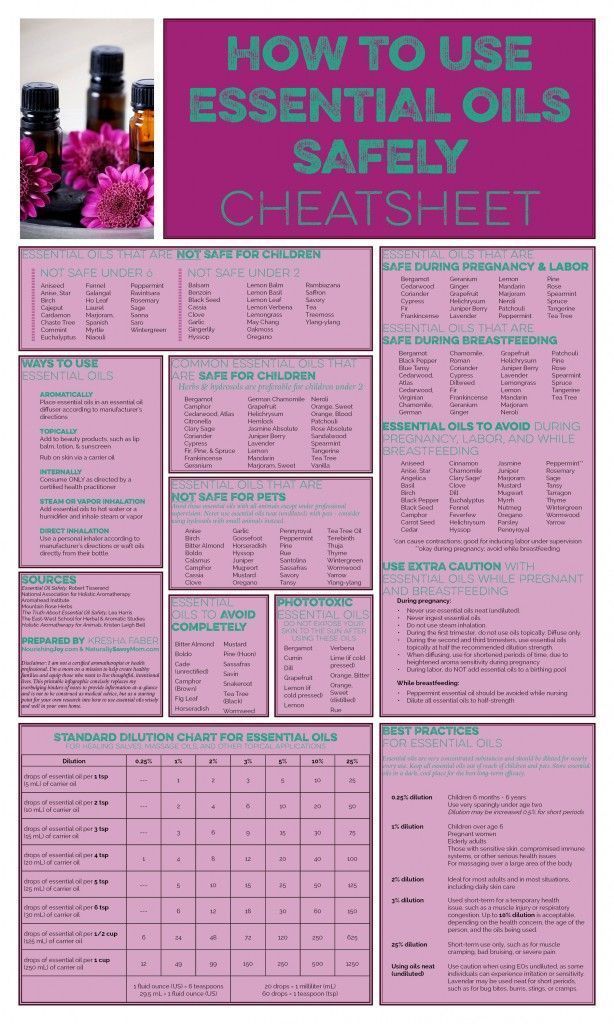 By analogy, we can conclude that mint, as a natural food, can be consumed in small quantities
By analogy, we can conclude that mint, as a natural food, can be consumed in small quantities
Milk
Many mothers believe that tea with milk stimulates lactation. However, this fact is just a myth, and self-hypnosis is responsible for a positive result in this case. Moreover, a drink with milk during lactation can adversely affect the condition of the child. This effect is due to the presence of cow's milk protein.
Even in the absence of negative reactions of the baby to such a drink with milk, it is allowed for a nursing mother to consume it in volumes not exceeding 1 cup per day. It is recommended to supplement the drink with milk only after the child reaches the age of 3 months.
If a woman develops an allergy or digestive problems after drinking tea with milk, it should be discontinued. You can also try to replace cow's milk with goat's milk, the protein of which is more easily absorbed by the child's body.
Influence on the child
The properties of the herbaceous perennial have a beneficial effect on the functioning of the gastrointestinal tract and have a positive effect on the well-being of infancy.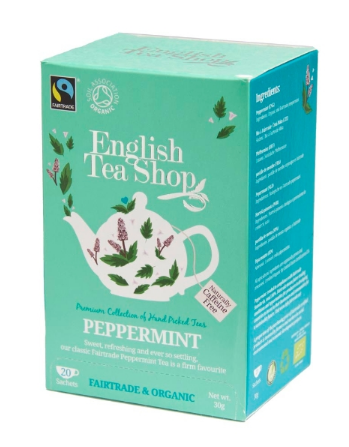 Essential oils, penetrating with breast milk into the body of a child, are able to reduce flatulence, prevent colic and normalize digestion in a newborn.
Essential oils, penetrating with breast milk into the body of a child, are able to reduce flatulence, prevent colic and normalize digestion in a newborn.
However, mint is contraindicated in large quantities in young children. Intensive use of this plant by the mother leads to vasodilation and can provoke a sharp drop in blood pressure in the baby. The negative impact of menthol, contained in large quantities in peppermint, in some cases can lead to disruption of the child's cardiovascular system and even death due to cardiac arrest.
The medicinal plant is complex, provokes the development of food allergies and is often the cause of local skin reactions. Severe negative consequences in the form of Quincke's edema are not excluded.
Peppermint is considered a natural regulator of female hormones. It promotes increased production of estrogen. This factor negatively affects the well-being and development of newborns, especially males, since testosterone production decreases at the same time.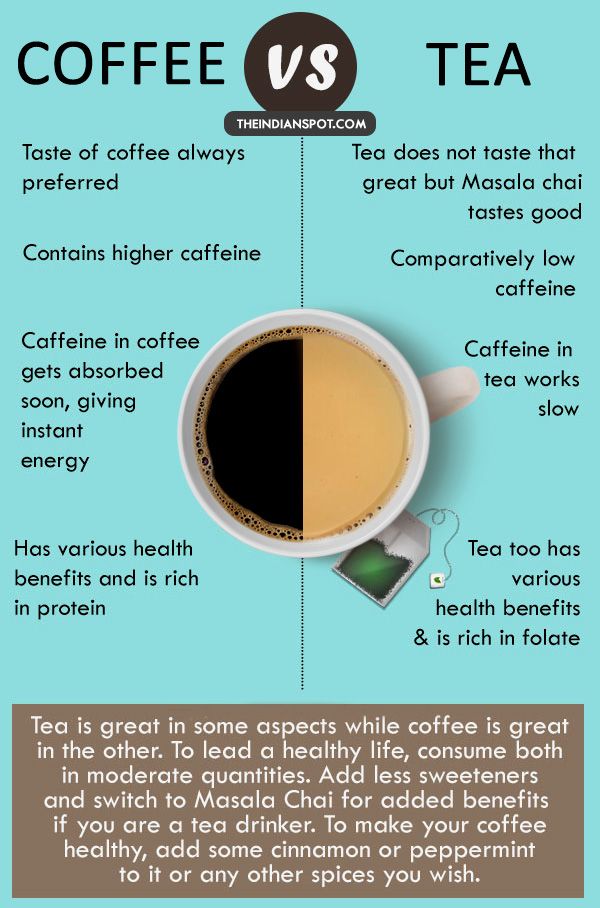 Boys may have problems in the genital area in the future.
Boys may have problems in the genital area in the future.
However, the use of cosmetics and personal care products containing mint does not adversely affect infants. In this case, essential oils do not pass into breast milk or their volume is negligible to be harmful to health.
Mint tea and other drinks with the addition of this medicinal plant have a beneficial effect on a woman's well-being
But during the period of breastfeeding, a young mother should be wary of any specific additives in the diet. Even natural tonic and soothing agents can cause irreparable harm to the health of a newborn
Therefore, before using the product, you should consult your doctor. If there are no contraindications, you can start introducing a new drink gradually, starting with a small amount. The absence of visible negative reactions in a child does not mean that mint tea can be consumed in unlimited quantities. During lactation, 1 cup is allowed for 7-14 days, provided that the baby is not allergic to menthol and other components that make up the drink.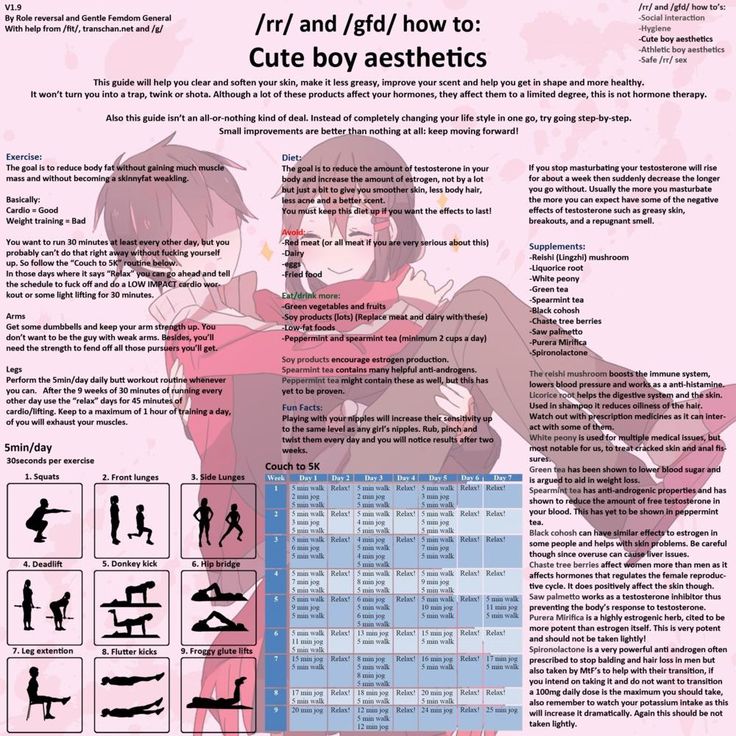
If a woman cannot give up her favorite tea with fragrant leaves, you should pay attention to the fact that spearmint or curly mint is less harmful to the baby's body than peppermint. Therefore, it is recommended to give preference to this variety
At the first sign of an allergic reaction or a sudden drop in blood pressure in an infant, stop taking the mint drink and seek medical attention.
Nursing mothers experience discomfort due to lack of vitamins during breastfeeding, as the diet is very limited. A large number of nutrients are found in greens. Moms are interested in whether mint is allowed during breastfeeding. After all, you probably heard that it has a good effect on GW. Today we will talk about how and when you can eat mint, which one is better to choose, and how it affects lactation.
Mint is a useful plant
When breastfeeding, it is important for a mother to know what this or that variety of mint is used for
How to take mint tea
Modern medicine has no answer to the question of whether it is possible for a nursing mother to include mint tea in her diet.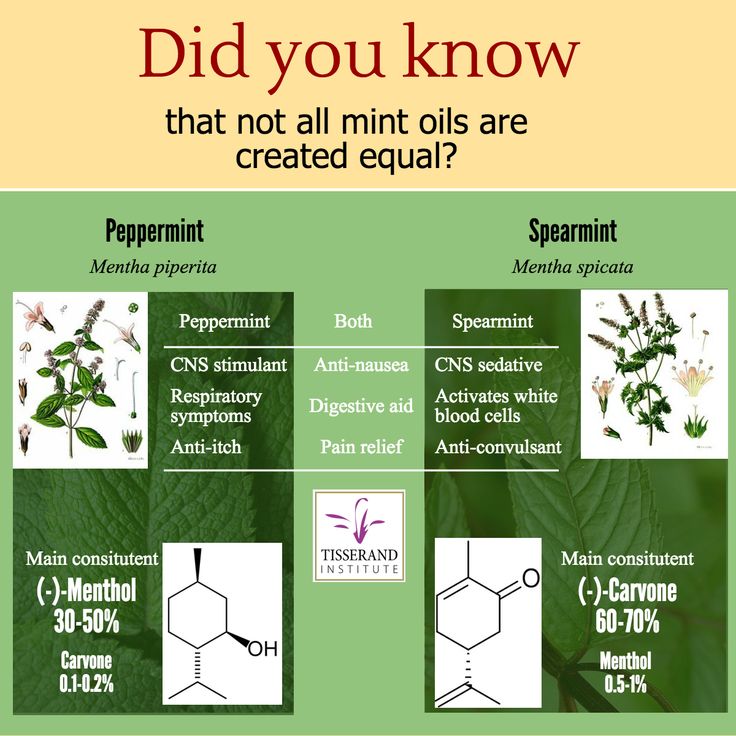 Rather, there are no research results on the benefits or harms of such a drink during lactation. But there are general recommendations based on the knowledge of traditional medicine.
Rather, there are no research results on the benefits or harms of such a drink during lactation. But there are general recommendations based on the knowledge of traditional medicine.
Add 1-2 mint leaves per cup (standard, 200-250 ml) to the drink. Exceeding the recommended amount may lead to undesirable consequences for the health of the newborn child.
Peppermint is rich in nutrients
Drink no more than 2 cups of mint tea per day. Ideally, one in the morning and one in the evening. Again, increasing the frequency of use is not recommended, as this can adversely affect the baby's body.
Tea lovers are advised to add mint leaves to herbal infusions. You can buy a ready-made collection at the pharmacy or make it yourself. And add a few leaves there (if they are dried beforehand, you can grind them in a mortar). So a nursing mother will be able to control the amount of mint in her drinks.
What is the best mint for tea
Three varieties of the plant are used to add to tea: spearmint, lemon and peppermint. The composition of pepper contains a large amount of menthol, in the spike - carvone. Menthol stimulates the production of fluids in the body, therefore, it helps to activate the production of milk. But only at low doses.
The composition of pepper contains a large amount of menthol, in the spike - carvone. Menthol stimulates the production of fluids in the body, therefore, it helps to activate the production of milk. But only at low doses.
Carvone has a similar property, but is most often compared to fennel, which is included in all teas for nursing women. But if the dosage is exceeded, it can affect the mental state of the baby, so you need to be careful with it.
Doctors recommend drinking teas with the addition of lemon and spearmint during the postpartum period, and with peppermint during the end of feeding. The first two types contribute to the production of breast milk, have sedative properties. And the menthol in peppermint reduces lactation, and will be useful just at the moment of its completion.
In any case, mint infusions should be included in your diet only after the child has ruled out an allergy or individual intolerance to the plant. To do this, you need to try a small amount of mint tea and wait about a day. If no signs of pathogenic reactions appear, the drink can be safely drunk.
If no signs of pathogenic reactions appear, the drink can be safely drunk.
It is not recommended to exceed the allowable dosage of the drink
Is it possible to take mint while breastfeeding
In the lactation period, doctors do not advise women to use herbs. Mint is a plant that can still be included in the diet, but after consulting a doctor. Pediatricians do not recommend drinking it during lactation: several cups of such a drink can cause a decrease in milk supply.
If mommy can't resist fragrant grass, the spikelet variety should be chosen. It has a stimulating effect on the production of breast milk.
Doctors also recommend that breastfeeding women include lemon balm in their menu. This herb reduces stress, having a beneficial effect on mother and baby.
It is worth starting to use tea with lemon balm with all caution, because. it can cause allergies in babies
How does it affect?
For nursing mothers
Benefits
Thanks to its unique composition, mint has a beneficial effect on the body of a nursing woman:
- Lowers blood pressure.
 If you suffer from arterial hypertension, then drinking mint tea can be an excellent alternative to medications, which it is preferable to give up this time.
If you suffer from arterial hypertension, then drinking mint tea can be an excellent alternative to medications, which it is preferable to give up this time. - Calms the nervous system. Peppermint has a mild sedative effect, which relaxes and reduces the tension of the nervous system, helps to distract and calm down, and also normalizes sleep.
- Increases appetite, eliminates flatulence, reduces heartburn. Peppermint is rich in essential oils that have a calming effect on the stomach and intestines. As a result, conditions such as bloating, abdominal cramps and flatulence are eliminated. Mint will also help with diarrhea or constipation - tea with this herb will quickly eliminate the main symptoms and normalize bowel function.
Harmful
Avoid mint altogether if you have:
- heart problems;
- low blood pressure;
- hormonal imbalance;
- individual intolerance to menthol.
Menthol has been proven to lower blood pressure, which can be a risk factor in the presence of diseases such as arterial hypertension or heart problems drink with extreme caution
For milk
Pluses
Mint, like most plants, contains essential oils that can affect lactation in one way or another. At the same time, different varieties of mint affect in their own way: some contain essential oils that stimulate milk production, while others contain substances that suppress it.
At the same time, different varieties of mint affect in their own way: some contain essential oils that stimulate milk production, while others contain substances that suppress it.
Attention!
In order not to harm breastfeeding and the well-being of the newborn, preference should be given to lemon or spearmint. They beneficially stimulate lactation and help the mother cope with the onset of postpartum depression, improving her general condition.
Cons
The use of peppermint in tea or other decoctions causes great doubts. It is better to completely refuse its use by a nursing mother, since a large amount of menthol, which is part of peppermint, can provoke a cessation of lactation.
What effect does it have on newborn babies and older children?
All for
If the mother of an infant drinks a mint drink, then some of the substances through the blood will enter the milk, which may be beneficial for the baby:
- If your baby has frequent colic and tummy pains, drinking peppermint tea to a breastfeeding mother can help manage these symptoms.

- Peppermint is a rich source of antioxidants. They have a beneficial effect on the immune system and help it better cope with various kinds of bacteria and viruses.
Vs
with milk, the substances contained in mint also enter the child's body:
- Menthol's ability to lower blood pressure can have a negative effect on the well-being of a small child, because affects the frequency of contractility of the heart muscle, which is dangerous, even fatal.
- The same menthol can cause allergies in a newborn. It manifests itself in the form of rashes on the skin, and can also cause itching and swelling.
- Also, the ability of mint to influence the hormonal background can negatively affect the production of sex hormones in a baby. This is especially true for boys, because. lowers testosterone levels.
Article in topic
Can children have mint tea?
Why spearmint is good for lactation
Spearmint or spearmint has a less pronounced taste and smell, but is considered safer for nursing mothers. The plant has a sedative property, helps to relax, get rid of stress and fatigue, normalizes the digestive tract.
The plant has a sedative property, helps to relax, get rid of stress and fatigue, normalizes the digestive tract.
Spearmint benefits:
- improves appetite, eliminates nausea, motion sickness, indigestion;
- helps with kidney stones;
- reduces the likelihood of flatulence, colic in mother and baby;
- has anti-inflammatory, expectorant properties;
- the plant can be used for painful menstruation, rheumatism, toothache.
But the main benefit of spearmint for lactating women is the high content of carvone, this substance has a beneficial effect on lactation, it is present in anise, cumin, fennel.
Lactation mint
Pediatricians to the question of parents about whether it is possible to mint while breastfeeding, answer only in the negative. The plant contains a high concentration of essential oil, bitterness, tannins, which often cause nausea, vomiting, headaches, even in an adult with good health. All active substances of their chemical composition of mint easily penetrate through many biological barriers of the human body.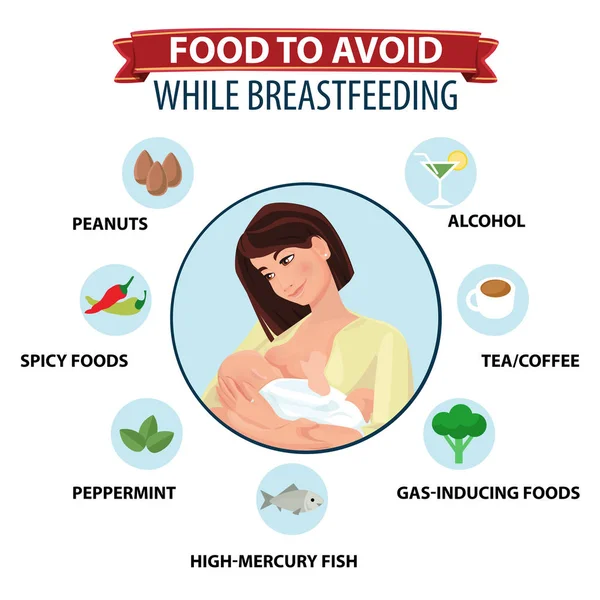 1-2 hours after a nursing woman consumes mint tea, the essential oil accumulates in breast milk, from where it enters the baby's gastrointestinal tract.
1-2 hours after a nursing woman consumes mint tea, the essential oil accumulates in breast milk, from where it enters the baby's gastrointestinal tract.
Many nursing mothers are surprised by the categorical ban on the use of mint during lactation, because pharmacies offer a wide range of tea bags with this plant, intended for babies from 6 months. But there is no contradiction here. The fact is that the composition of the teas is adapted to the still not fully formed gastrointestinal tract of the child:
- the amount of essential mint oil, including its main ingredient menthol, is minimized;
- added useful compounds that improve digestion and peristalsis of the baby.
Benefits
If a woman has a desire to drink mint tea while breastfeeding, then you can significantly reduce the content of essential oil in it. To do this, scald fresh leaves 2-3 times with boiling water, and then rinse in cold water. This method of heat treatment reduces the concentration of menthol in the plant material.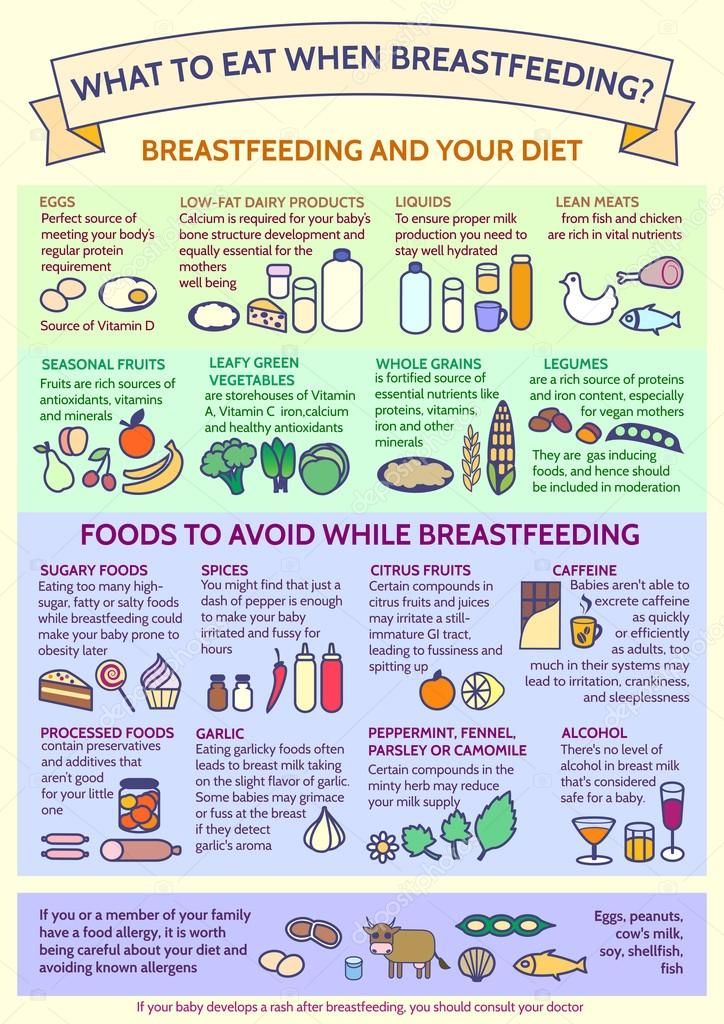 It should also be borne in mind that more than one leaf of fresh mint should not be placed on a cup of boiling water, and it is better not to use dry grass at all. Undoubtedly, a medicinal plant has a positive effect on a woman’s body weakened by childbirth:
It should also be borne in mind that more than one leaf of fresh mint should not be placed on a cup of boiling water, and it is better not to use dry grass at all. Undoubtedly, a medicinal plant has a positive effect on a woman’s body weakened by childbirth:
- eliminates psycho-emotional instability;
- returns mental and physical performance;
- corrects the hormonal background;
- increases the functional activity of the gastrointestinal tract;
- normalizes the functioning of the liver and gallbladder.
Many antibacterial and antiviral agents that pass into breast milk are not recommended for lactating women. Biologically active substances from mint prevent respiratory and intestinal infections due to their antimicrobial, antiseptic and anti-inflammatory action. The main thing is to observe the dosing regimen and not to drink aromatic tea more than once a week.
Harm
Menthol contained in essential oil has a diverse effect on the amount of milk produced.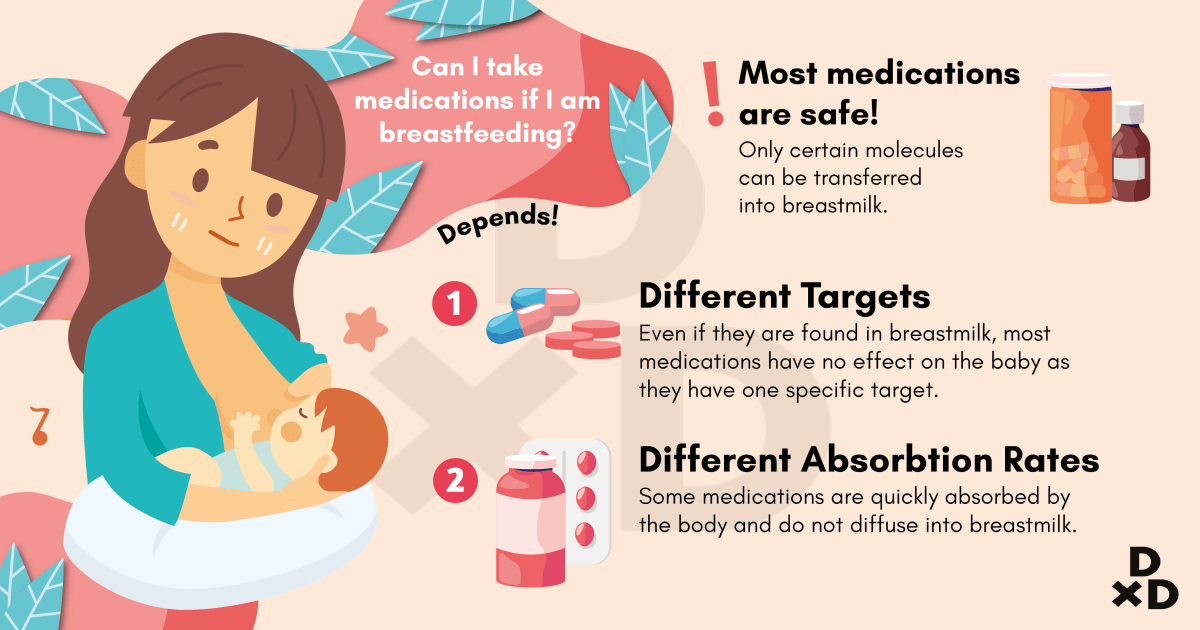 It all depends on the frequency of use of drinks, the general health of the woman and the concentration of active ingredients in them. How mint affects lactation:
It all depends on the frequency of use of drinks, the general health of the woman and the concentration of active ingredients in them. How mint affects lactation:
- If a young mother has lost her milk due to stress or food poisoning, then drinking a single dose of mint tea will increase lactation. Under the action of menthol, large and small blood vessels expand. Improving blood circulation helps to fill the breast with milk;
- with frequent use of mint tea (more than 2 times a week), more mucous substances begin to be produced in the body. The quantity and quality of breast milk is significantly reduced, and after a while lactation completely stops.
The ability of menthol to stop milk production is actively used by women. Mint is included in the fees for stopping lactation along with sage, elecampane, rosemary.
Dill and breastfeeding
Dill is the most popular and tastiest spice that can add a special taste and pleasant aroma to prepared dishes.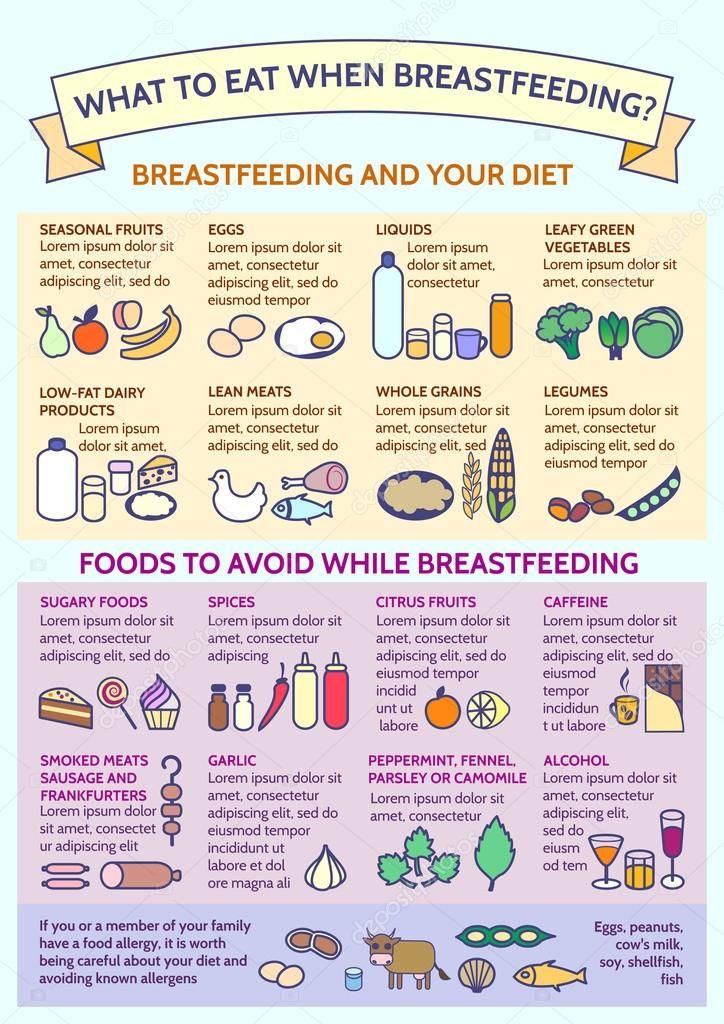 It is indispensable in the preparation of soups and salads, meat and side dishes. It can be added to various vegetable juices and they will become healthier and more aromatic.
It is indispensable in the preparation of soups and salads, meat and side dishes. It can be added to various vegetable juices and they will become healthier and more aromatic.
Therapists and pediatricians recommend the use of dill during breastfeeding for a reason. Very often, headaches, heaviness in the stomach, sleep disturbances, and exacerbation of cystitis become problems for a young mother. Dill successfully copes with these ailments. Its remarkable ability to increase lactation and increase the amount of breast milk is widely known.
Experts advise to include dill in the diet of a nursing mother on the 10th day after childbirth. It is consumed fresh as an excellent seasoning for vitamin salads, first courses and side dishes. Healing infusions are prepared from its seeds to improve lactation. You can simply fill mini sachets with fennel seeds and hang them in the room where you usually feed your baby. It is believed that the smell emanating from the canvas bags can affect the flow of breast milk.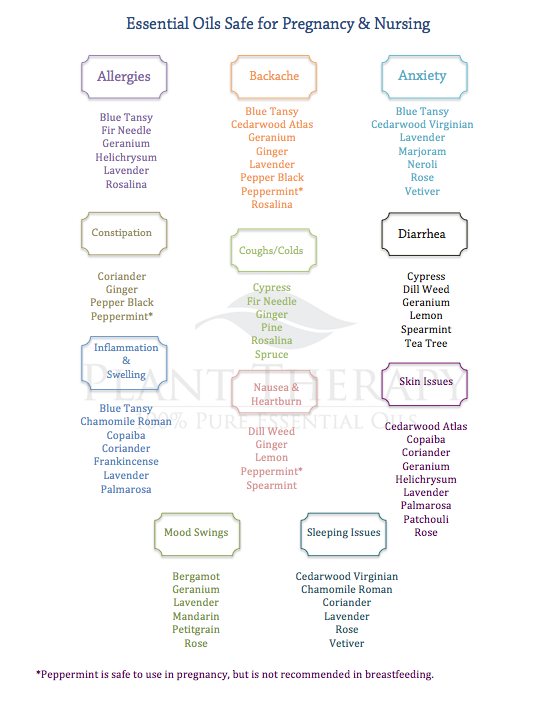
It is valued as a treasure trove of health promoting substances. It is rich in vitamins C, B group, folic acid, E, rutin, nicotinic acid, which are vital for the body of a nursing mother, which ensure optimal metabolism, regulate blood cholesterol levels, and are necessary for good vision and body resistance to infections. It contains a strong antioxidant - carotene (provitamin A).
Dill is an excellent source of valuable trace elements such as iron, phosphorus, calcium salts, potassium, zinc
It contains a large amount of fiber, which helps the intestines, which is especially important in the period after childbirth. A unique property of dill is the presence of anetine in its composition - an excellent antispasmodic substance that has the ability to dilate blood vessels and capillaries, which is especially valuable in the treatment of cardiovascular diseases
Medicinal properties
The healing properties of dill are as follows: composition, dill and its seeds are indispensable in the prevention and treatment of diseases of the heart, blood and gastrointestinal tract;
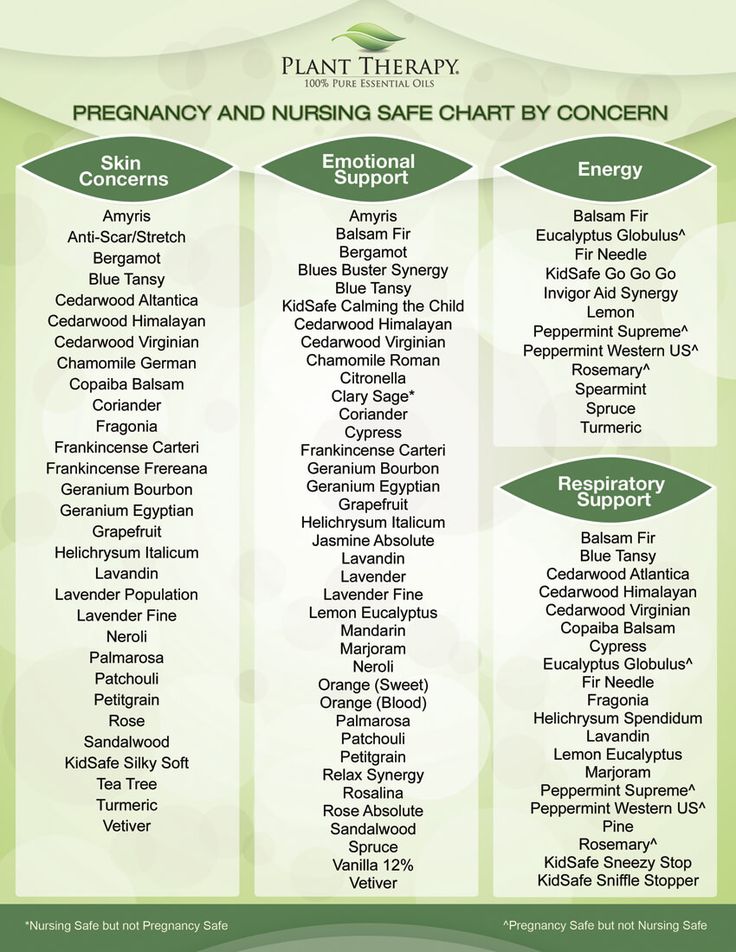 It is used in the treatment of cystitis;
It is used in the treatment of cystitis; Experienced doctors do not advise mothers suffering from low blood pressure to eat greens and dill seeds. Anetin, which is part of it, by dilating blood vessels, can provoke a sharp drop in pressure. If you have hypotension, it can cause nausea, weakness, dizziness, temporary loss of vision, and even fainting.
We invite you to read: Can pregnant women eat olives? Is it possible for pregnant women to eat olives and black olives
Dill should be used with extreme caution if the mother has a tendency to allergies or in case of individual intolerance to this seasoning.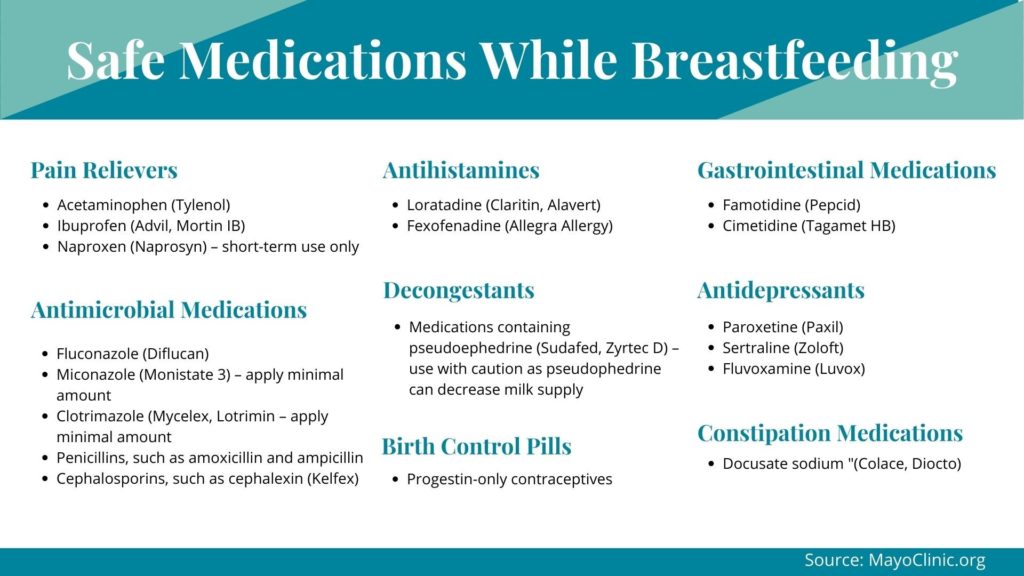 If there are large stones in the bile ducts of a woman, it is also recommended to be treated with caution
If there are large stones in the bile ducts of a woman, it is also recommended to be treated with caution
Its active components promote the formation of bile and its excretion and can cause an attack
If there are large stones in the bile ducts of a woman, it is also recommended to be treated with caution. Its active components promote the formation of bile and its excretion and can cause an attack
Peppermint tea recipe to reduce lactation
To reduce lactation, a woman can drink tea with peppermint and sage. The recipe for the drink is simple:
- Mix 1 tablespoon each of dried sage and peppermint.
- The dry mixture is poured into 1 liter of boiled hot water, then infused.
- The prepared drink should be consumed within 3-4 days.
The course of taking this tea can be repeated after a short period of time.
Dried peppermint leaves alone can also be used to reduce lactation. At the same time, a teaspoon of raw materials is poured with boiling water (about 200 ml) and infused for 10-20 minutes.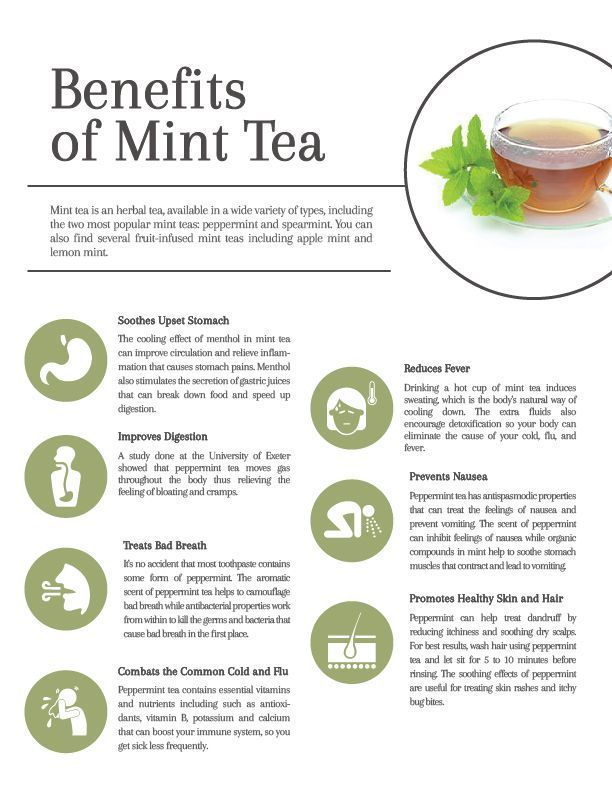 The drink should be prepared and consumed 3-4 times a day.
The drink should be prepared and consumed 3-4 times a day.
Peppermint
Benefits of mint tea for women
The benefits of mint tea for women deserve special attention.
Thanks to its useful property to normalize the hormonal background of a woman, the herbal drink facilitates the passage of menstruation, relieves pain and spasms. Entering the menopause will make it softer and more inconspicuous. In addition, it will relieve nervous tension and stress during this difficult period. Also, the normalization of hormonal levels leads to the fact that women stop hair growth in unwanted places.
Healthy tea is used as an adjuvant therapy in the treatment of gynecological inflammatory diseases due to its anti-inflammatory properties.
Mint drink will be useful for girls in transitional age, as it is effective in caring for oily skin, in the fight against skin rashes, acne, dermatitis. It helps to narrow pores and eliminate oily sheen without harming the skin.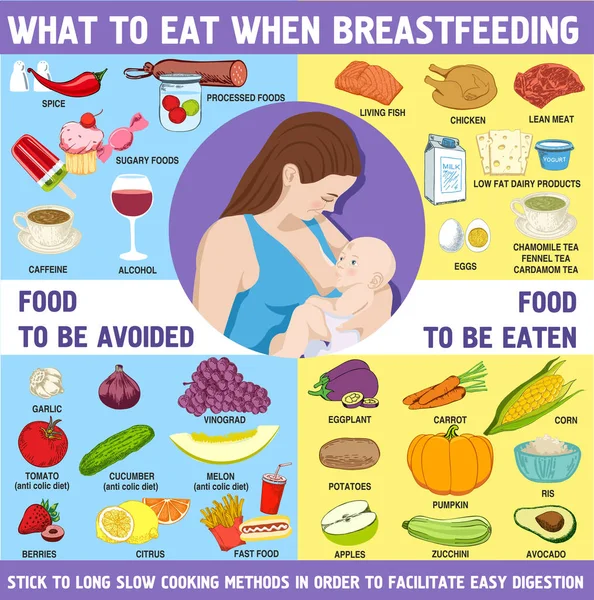
Due to its properties, mint tea smoothes wrinkles, refreshes, tones the skin, relieves fatigue. Therefore, a useful plant is actively used in cosmetology, adding to lotions, face masks, or simply frozen and wipe the face with cubes of ice broth.
Can pregnant women drink mint tea
During pregnancy, a woman is forbidden to take most medications, as they can harm the expectant mother and fetus. Mint tea during pregnancy, especially in the early stages, is also undesirable to use.
Attention! Mint is a medicinal herb, it actively affects the body, so mint tea can be drunk only after consulting a doctor and in limited quantities. Along with the undeniable benefits, mint tea can be harmful: bring the uterus of a pregnant woman into tone and provoke premature birth
This property is caused by the content of the hormone estrogen
Along with the undeniable benefits, mint tea can be harmful: tone the uterus of a pregnant woman and provoke premature birth.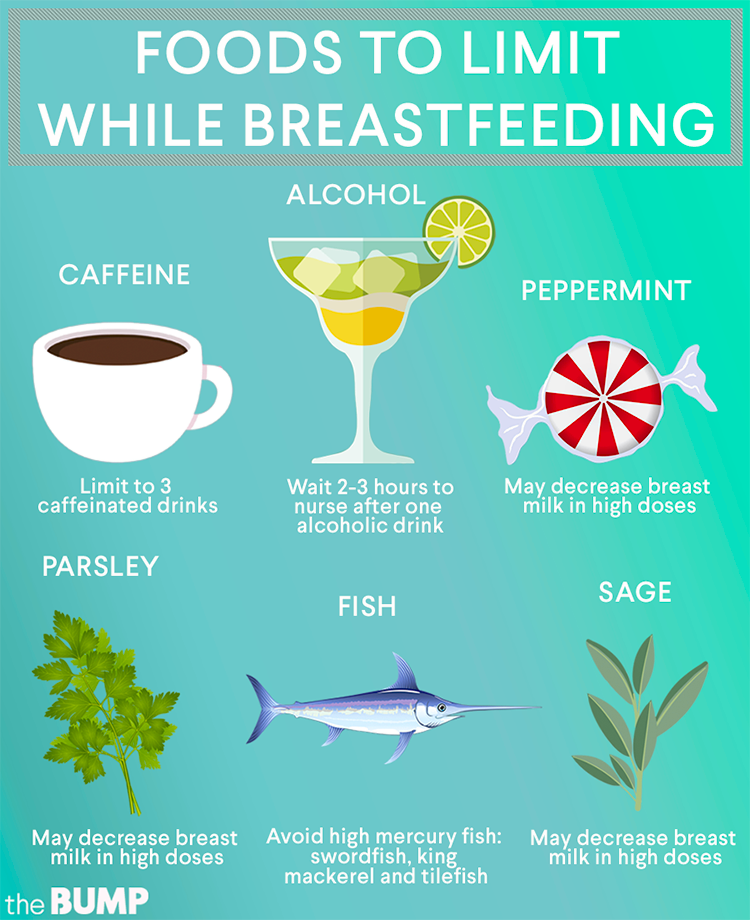 This property is caused by the content of the hormone estrogen.
This property is caused by the content of the hormone estrogen.
At the same time, in the normal course of pregnancy, healthy tea can be used to combat nausea, heartburn, and bloating. To avoid possible harm to the child, you can drink no more than three cups of mint drink per day and only on the recommendation of your doctor.
Mint tea during breastfeeding
Breastfeeding is a crucial period in a woman's life, at this time most medicines, nutritional supplements that can be harmful are prohibited, since what is eaten and drunk by the mother enters the child's body through breast milk. Along with beneficial properties, mint tea has the ability to harm lactation. At the same time, it is believed that mint tea is a remedy that improves this process.
This contradiction is due to the fact that different types of plants have opposite properties. For example, the peppery species contains menthol, which promotes vasodilation. With a single use, peppermint tea will benefit: the amount of milk will increase.